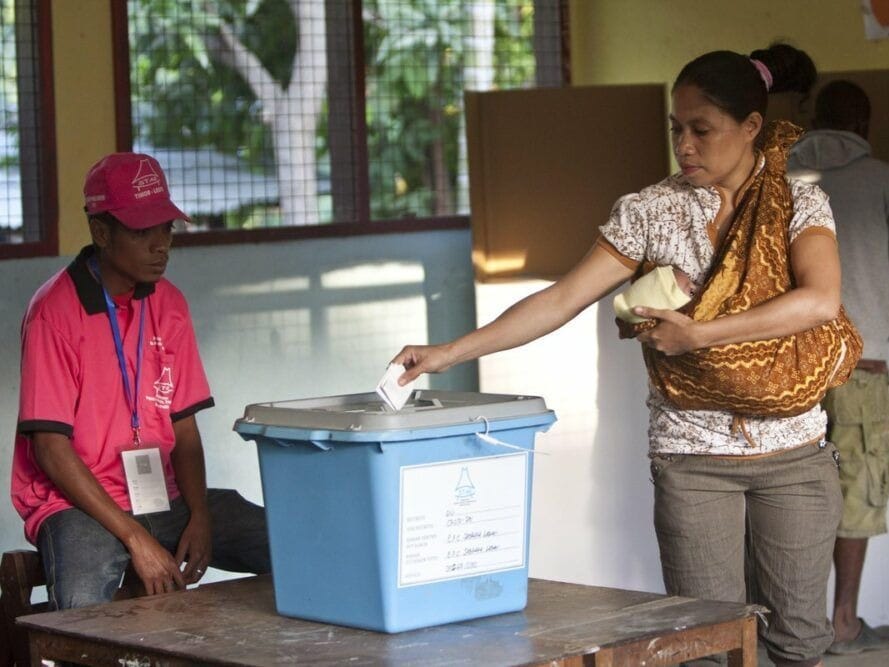WASHINGTON (AN) — Russians and Americans both have a history of meddling in foreign elections but they are not equivalent, international organizations and democracy proponents say.
Mounting evidence that Russian computer hackers interfered in the 2016 U.S. presidential election has led to multi-pronged investigations into U.S. President Donald Trump's campaign. The investigations revolve around security concerns over the electoral process and fears that a foreign power could mold public opinion or break into election computer systems to sway voting outcomes.









